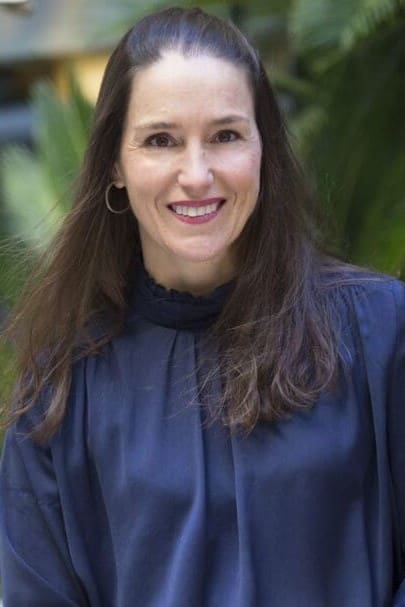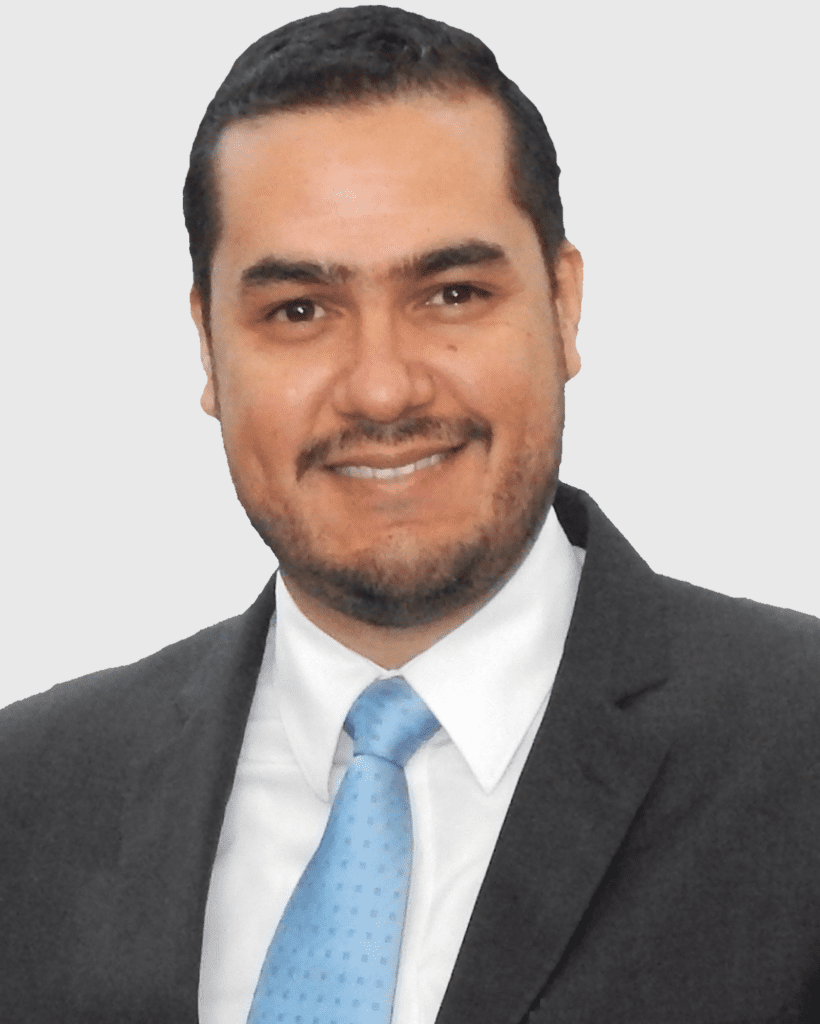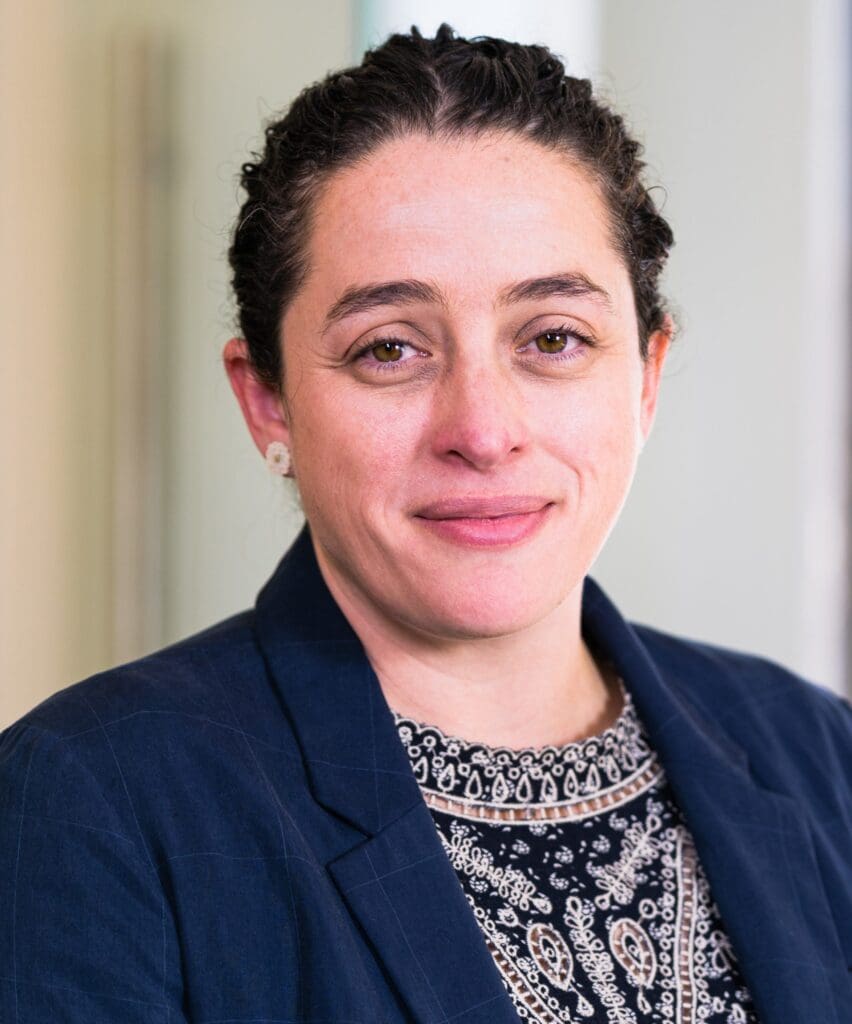Upholding our members to the highest regulatory standards.
Our mission at Charity Monitoring Worldwide is to advance transparency and accountability in the charitable sector, promoting trust within society towards charities making a positive impact.
We are dedicated to ensuring satisfactory organization and execution of fundraising for charitable purposes, while upholding the highest standards of governance and maintaining adequate administration of collected funds.
To support its members in promoting charities’ transparency and integrity
To contribute to the expertise and professionalism of organizations monitoring charities in countries around the world
To formulate common standards for charities and for organizations monitoring charities
To gather information, knowledge and experience from members and other sources so that it can be exchanged among members
To provide donors, companies, foundations, governments, media, etc. information about charity monitoring systems
To represent the interests of the Association within cross-border bodies, such as the European Union, among others
To promote the creation of charity monitoring in countries where such an activity is not yet occurring.
Charity Monitoring Worldwide (CMW), formally known as the International Committee of Fundraising Organizations (ICFO), has stood as a beacon of integrity within global philanthropy since its inception in 1958. Founded on the principles of accountability and transparency, CMW arose from the collective vision of national charity monitoring bodies that recognized the acute need for an international standard in the assessment of charitable operations.
Registered in The Netherlands, the association began as a collaborative effort to ensure that donations reached their intended purposes and that charitable organizations operated with the highest levels of accountability.
Over the decades, CMW has grown into a worldwide network with presence in four continents, with members who share the vision of instilling public trust in charitable entities.
The association’s history is marked by its pursuit of excellence in monitoring and its evolution in line with the expanding dynamics of charity work.
CMW contributes to the strengthening of each of its members through the exchange of experiences, facilitating the incorporation of trends and new developments in the third sector into the analysis and evaluation processes of each of the members. Working together, CMW members contribute to the excellence of nonprofit organizations worldwide.
Our members are standards-based charity evaluators. Each of them is an independent organization that monitors charities within its country, according to their own set of standards. These standards vary from country to country according to the development and characteristics of the non for profit sector, taking into account the legal requirements in place.
Each member analyzes how charities function, how they manage their finances, and how effectively they achieve their stated missions. Through in-depth reviews, and reports, each member provides donors with crucial information, ensuring their contributions reach genuine causes and make real impacts. This vital oversight builds public trust, encourages ethical practices within the charitable sector, and plays a pivotal role in fostering a culture of giving that is both wise and informed.
We are dedicated to promoting transparency and integrity in the charitable sector. By doing so, we enhance the donor´s trust in the charitable organizations. We provide donors (individuals, foundations, companies, public institutions, government agencies, etc.) with objective, updated and rigorous information.
Looking for trustworthy charities?
Check out our members’ websites to find the charities that have gone through a rigorous assessment and comply with international standards.
CMW Principles guide CMW members in setting charity standards, assessing whether charities meet these standards, and sharing the results.
The Principles cover a range of crucial topics aimed at promoting transparency and confidence in charities. CMW aims to determine the trustworthiness of charities in a fair and credible manner.
To give donors confidence that their contributions are used for the purpose for which they were given and that a monitored charity is trustworthy, charity standards should require that:
To ensure that standards are broadly accepted, attainable for charities, and enforceable by monitoring organizations, CMW members should:
CMW Guidelines for Evaluating Charities
To ensure fair charity review, CMW members should:
In sharing the results of charity assessments, CMW members should:





